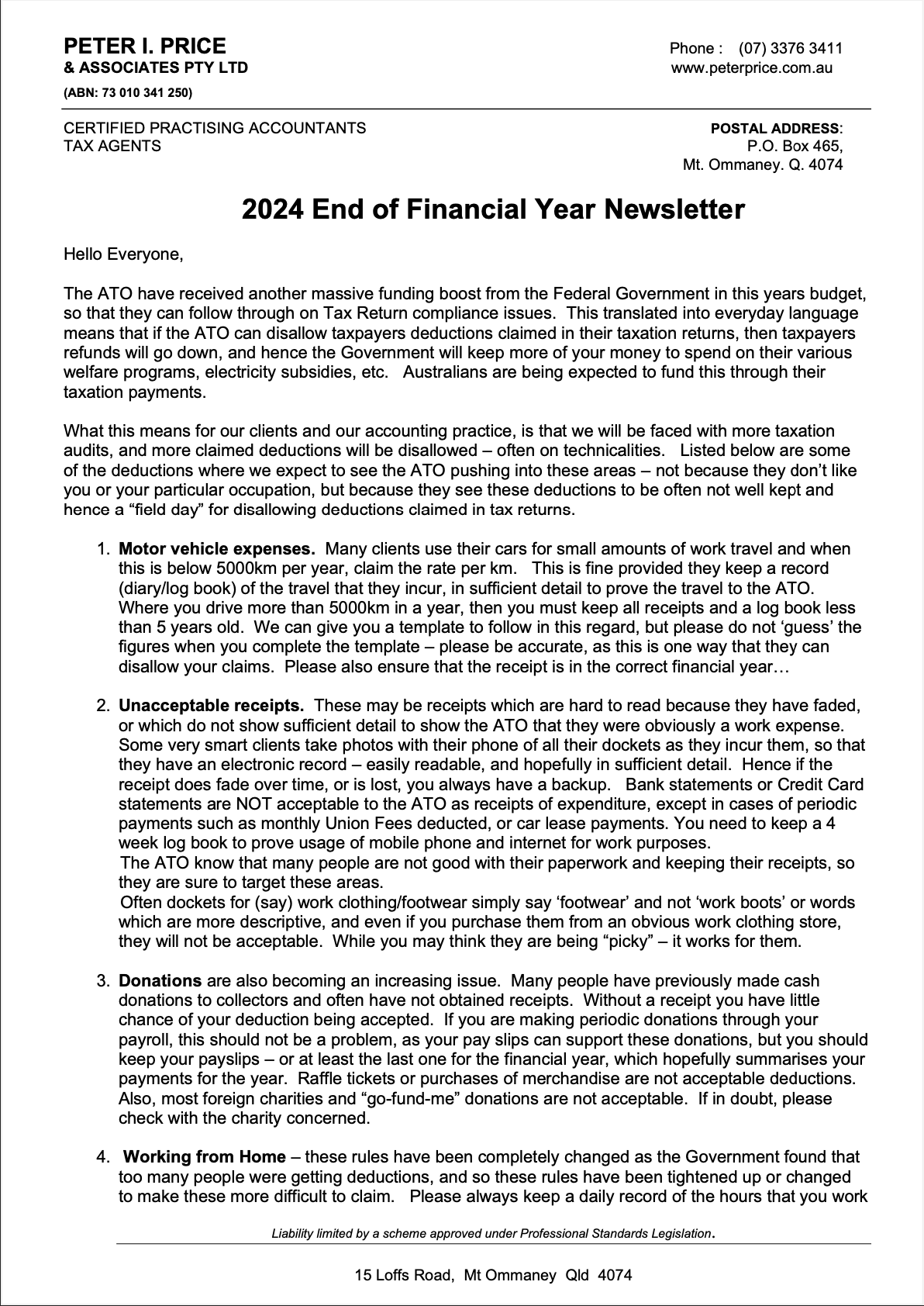Unregistered or Registered Trade Marks?

.
Trade marks can be both registered and unregistered. However, you will see that there are major benefits to registering your trade marks. This article will compare unregistered and registered trade marks, and explain the benefits that a registered trade mark offers.
Is a Registered or Unregistered Trade Mark Better?
How much will your brand benefit from the added protection of trade mark registration? Consider if it is worth the time and money or whether having an unregistered trade mark is sufficient. Trade mark registration is one of the most crucial legal decisions you will make when launching a new brand.
Australia’s trade mark registration system allows businesses around Australia to protect their unique brands from copycats and other infringing users. Before we discuss the suitability of registered versus unregistered trade marks, we need to consider what a trade mark is. Trade marks are a sign that help your customers identify or distinguish your business’s products or services from your competitors. Your business’s brand kit likely contains several trade marks. Trade marks can include words, logos, colours or symbols, just to name a few.
Registered trade marks are those that IP Australia has approved and now appear on a publicly visible register. The owner of the trade mark now has exclusive rights pertaining to the trade mark. These exclusive rights are discussed in greater detail later on.
However, trade marks exist whether you register them or not. Upon creating a business, your business’s name, logo or any other unique identifiers are considered trade marks. This is provided you use these identifiers as trade marks.
Unregistered trade marks, unsurprisingly, will afford fewer rights and fewer protections over the mark(s) than you would have if you were the owner of a registered trade mark. If you fail to register your trade marks, you place your business in considerable jeopardy. Your competitors could copy, use and even register your unregistered trademarks as their own.
Benefits of Registering Trade Marks
Upon your trade mark’s official registration, your business receives a valuable asset. This asset will only increase in value as your business grows. Notably, you gain an exclusive right to use your trade mark and the legal authority to prevent others from using it.
1. Exclusive Rights
By registering your business’s trade marks, you exclusively benefit from certain rights. These rights include the right to:
use the trade mark in connection with the goods or services for which they are registered;
let others use your trade mark;
be compensated if someone breaches your exclusive rights;
licence your trade mark;
sell your trade mark; and
authorise the use of your trade mark as you see fit.
These exclusive rights are limited to your Australian business for the goods and services you specified in your trade mark application. Investors and potential buyers highly value the exclusive rights conferred by registered trade marks. As such, you as a business owner, have a financial incentive to register your business’s trade marks.
2. Protection Against Copy-Cats
The main reason why trade mark registration is so attractive is that it dramatically reduces the likelihood of another business using your brand, or a mark that is confusingly similar, as its own. IP Australia, in assessing trade mark applications, will reject an application of a mark that is identical or similar to another registered trade mark. In making this assessment, trade mark examiners will consider the classes under which it is registered.
Running a Business With Unregistered Trade Marks
If you’re willing to risk it all and operate your business using unregistered trade marks, you should understand the kind of damage you could be doing to your business’s goodwill. It is not unheard of for competitors to search the register to check whether or not your trade marks are registered, and upon discovering that they are in fact unregistered, seize the opportunity to register them before you.
Upon discovering that another identical or similar business is operating with your trade marks, you will probably want to stop this competitor from carrying on operating the business. However, since your trade marks are unregistered, you will find it very difficult to do anything about the competitor, unless you’re willing to engage in lengthy legal proceedings.
Despite your prior use of the trade mark, the Courts will usually look more favourably upon the registered trade mark against the unregistered trade mark. However, this is not always the case, especially if you are able to show that through your prior use of the mark, your business has attained a reputation in connection with the trade mark, and that the public would normally associate the trade mark with your business.
Key Takeaways
Trade mark registration is a valuable IP and brand asset for any business. If your trade mark is registered, you are afforded with legal rights to protect your trade mark and to decide who can use your trade mark. You can also enforce your trade mark rights by taking action against another trader that might be copying your brand. Without trade mark registration, this is difficult to do.
Mariah Saad
February 12, 2024
legalvision.com.au

